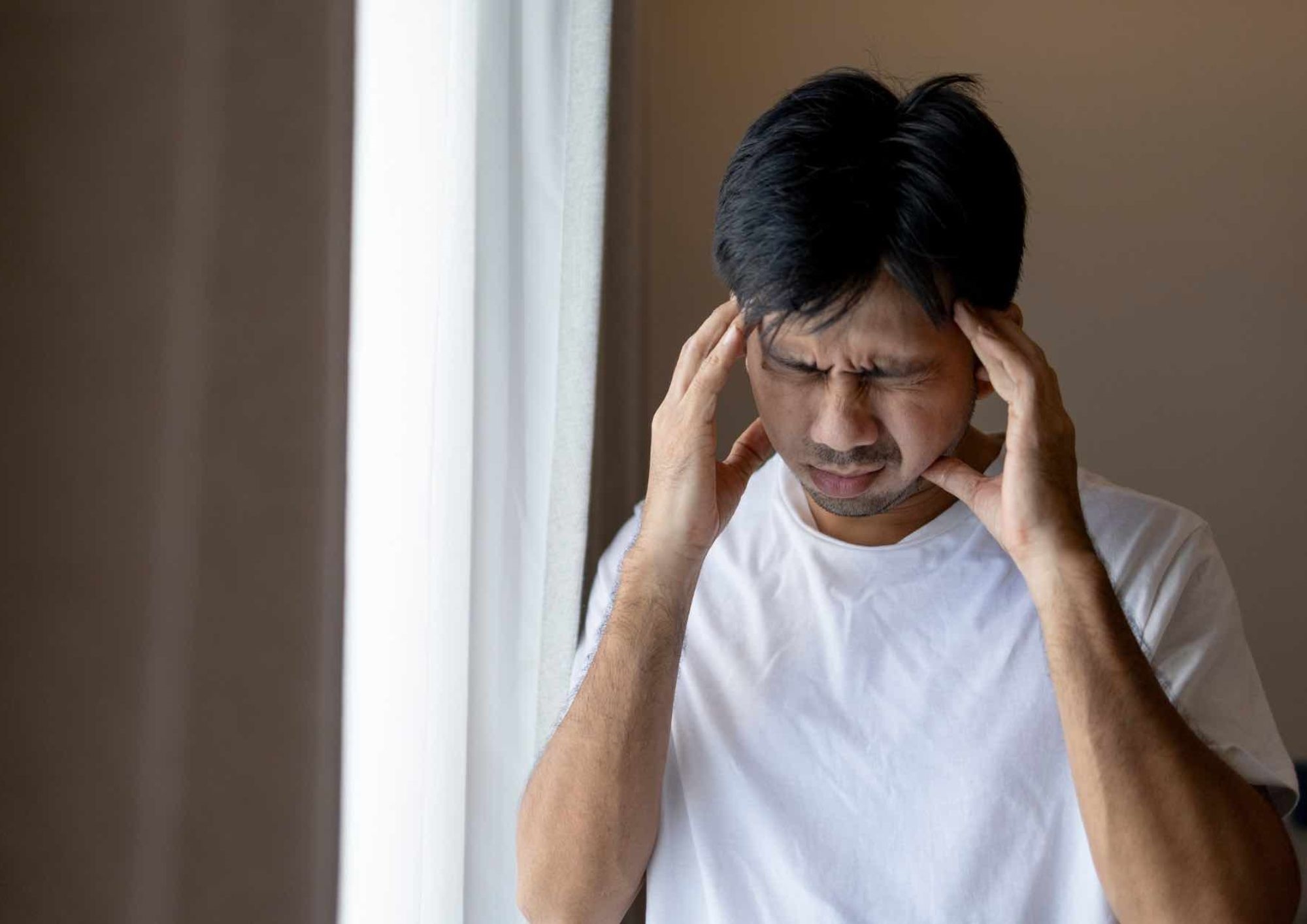Subtle warning signs of common 'silent killer' that you should never ignore

Dr M Adil U Khan is a General Practitioner at Pall Mall Medical answers some common questions regarding heart disease:
What signs might we ignore that are indicative of heart problems?
“People often ignore or downplay the following signs that can be symptomatic of heart problems.
“Feeling unusually tired, especially if it's not related to exertion should be investigated.
“Anyone experiencing shortness of breath which can occur during everyday activities or at rest.
“Mild chest discomfort should always be investigated, but some people mistake this for indigestion or muscular pain.
“Look out for subtle discomfort in other areas, this includes discomfort or pain in the jaw, neck, back, or stomach, which can be associated with a heart problem.
“Irregular heartbeats, such as palpitations or a sensation of "skipped" beats should be investigated.
“Unexplained swelling, known as oedema, in the legs, ankles, or abdomen, may also be signs of heart failure.
What kind of problems may go amiss?
“Several heart problems may go unnoticed, including silent heart attacks. These may occur without classic chest pain symptoms.
“High blood pressure; it can be asymptomatic for years but can lead to serious heart issues.
“Some irregular heart rhythms, known as arrhythmias, may not produce noticeable symptoms.
“Coronary artery disease (CAD) is a plaque buildup which can develop gradually and quietly and is often dubbed the silent killer.
How do we know if we should get our hearts checked following numbness, sweating, jaw pain, a choking sensation, vomiting, fainting, or other signs?
“Any of these symptoms, especially if severe, sudden, or persistent, can be warning signs of a heart problem or a medical emergency like a heart attack. You should seek immediate medical attention if you experience any of these symptoms, as early detection and treatment are crucial for a positive outcome.”
How do we get our hearts checked?
“Consult a healthcare provider; schedule an appointment with a doctor or cardiologist.
“Discuss your symptoms, medical history, and risk factors with them.
“Your healthcare provider will assess your vital signs and perform a physical examination.
“Depending on your symptoms and risk factors, you may undergo diagnostic tests like ECGs, echocardiograms, stress tests, blood tests, or more specialised cardiac assessments.”
What myths may people believe around hidden heart symptoms?
“Heart problems only affect older adults. Heart attacks always involve severe chest pain.
“If you have normal blood pressure, you have a healthy heart and women can't have heart disease, all myths.
“It's important to debunk these myths and recognise that heart issues can affect people of all ages, genders, and may present in various ways.”
Can we rely on smartwatches to pick up heart rate issues?
“Smartwatches and fitness trackers can provide valuable data about your heart rate and may detect irregularities to some extent.
“They can be helpful for tracking general trends in heart rate, especially during physical activity or rest.
“However, they are not a substitute for medical-grade monitoring and evaluation. Smartwatches may not detect all heart-related issues, and any concerning symptoms should be evaluated by a healthcare professional for a comprehensive assessment and diagnosis.
“Smartwatches can serve as a useful tool for maintaining general awareness of your heart health but should not replace medical advice.”















